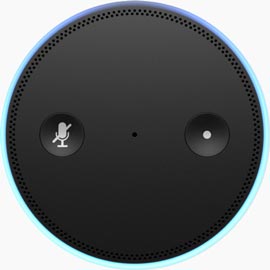
#35 - What To Do After a Concussion
No matter how your patient hits their head, the body is undergoing a traumatic experience. This sets the nervous system into fight or flight mode, making the body work harder than usual. Current recommendations advise complete cognitive and physical rest for 24 to 48 hours. This allows the body to settle and begin the healing process.
Along with this information, educate your patients about removal from activity, the importance of reporting symptoms, and alarming signs to look out for.
Removal from activity
Immediately after a head injury, patients must stop performing activity to avoid a second impact. They should also seek medical care as soon as possible to get a full concussion evaluation. As mentioned, this is followed by 24 to 48 hours of physical and cognitive rest including not watching TV and staying off their phones and laptops.
Importance of reporting a concussion
A patient’s ability to fully recover requires having a strong support system. This includes a medical team, their family members, friends, coaches, and teachers or employers. Encourage your patients to report their concussion to any of these people. This ensures they have help available in all areas of their lives. With everyone on the same page, it will be less likely to miss key symptoms and the patient will get back to normal that much sooner.
Danger signs to report right away
Preparing your patient for the variety of symptoms they can experience will help them know what to report. If any of the below worsen with time or do not seem to improve, pursue additional care:
- Headaches
- Weakness
- Vomiting
- Dizziness
- Deafness in the ears
- Blindness in the eyes
- Slurred speech
- Convulsions
- Change in consciousness
- Irregularities with the pupils such as not being equal, not dilating to light, or staying wide open
These worsening symptoms are all red flags that you, your patient, and their support network should monitor throughout the recovery process. If your patient reports more severe symptoms, emergency care is recommended.
OTHER FLASH BRIEFINGS YOU MIGHT FIND HELPFUL:

